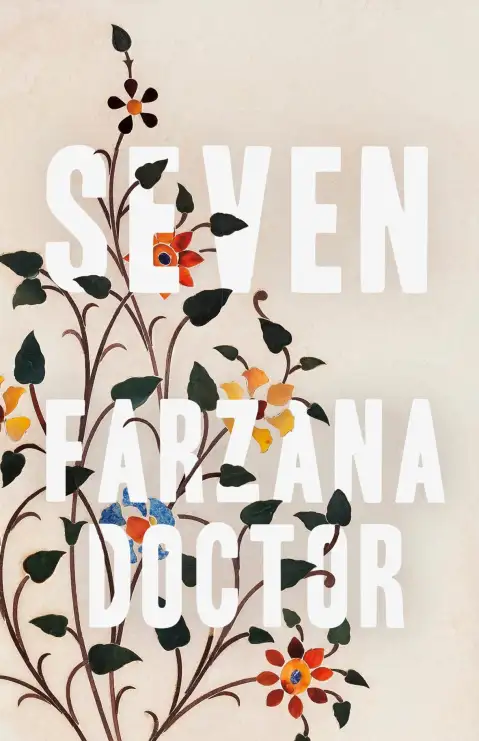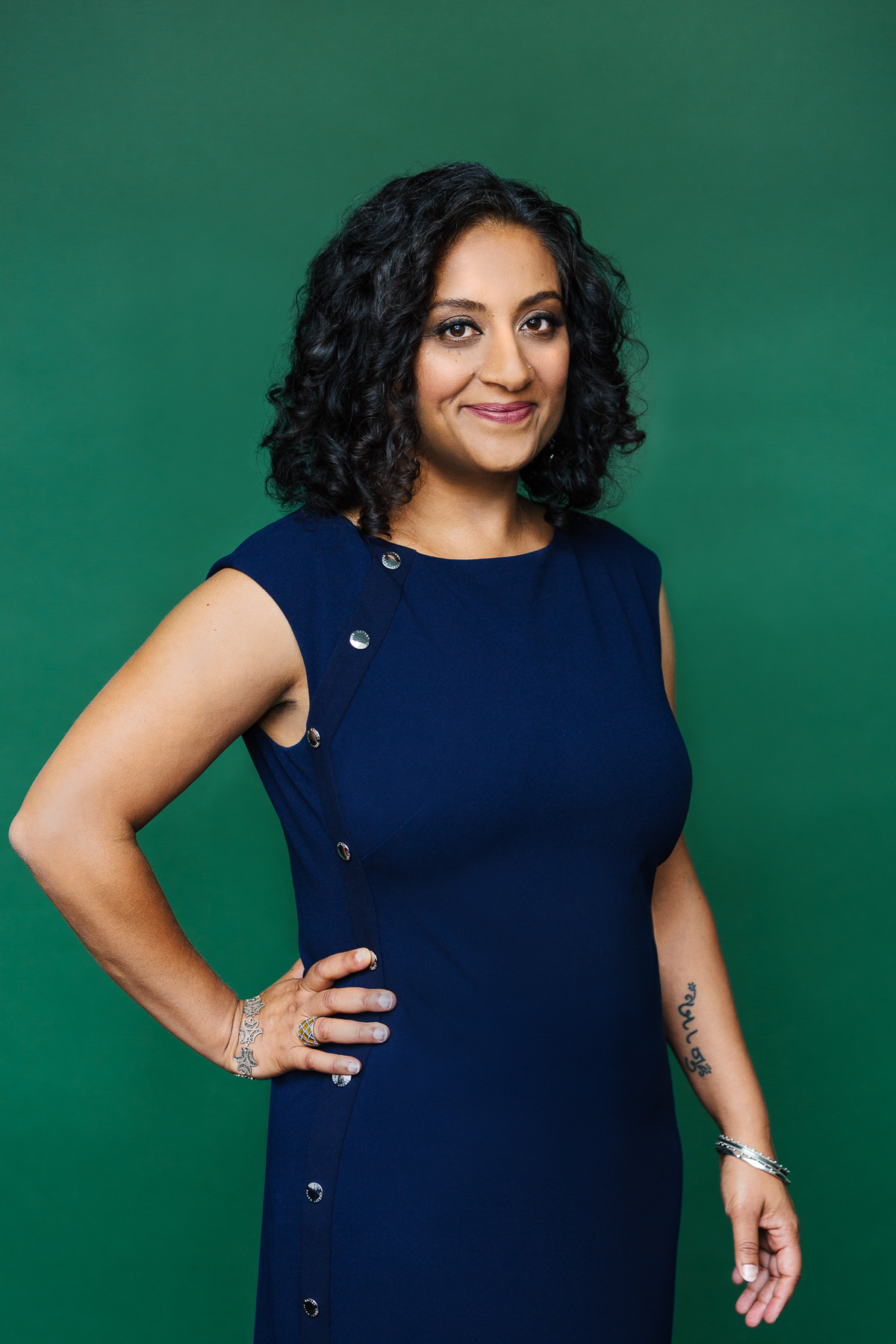By Cate Cox
“Without our work, the issue would quickly be swept under the carpet — and so we carry on.” —Waris Dirie, Saving Safa
It wasn’t until my first year at university before I was asked to critically engage with the issue of female genital cutting (FGC). Up until then what I knew about FGC I knew from overheard conversations between my parents and their colleagues, from snippets of news briefs and CNN articles that flashed across my computer screen. If you’d asked me to name an activist working to end FGC, my answer would have been something along the lines of someone working with the United Nations.
Yet when I saw Waris Dirie’s novel, Saving Safa, on the reading list for my leadership class, I immediately recognized it. The young, but strong face of Safa having become almost synonymous with the global fight to end FGC. I knew her face, yet I didn’t know her story.
As much as I agreed that the practice of FGC ought to end, I’d never been asked, or asked myself, to sit down and engage with the stories and lessons of the actual activists on the front lines working to end it. As I made my way through Dirie’s critically acclaimed sixth novel, I began to understand how little I understood. I realized how much my perception of FGC had been shaped by the position of an outsider looking in, instead of as a listener.
We only spent two weeks in my class covering Saving Safa, but they are two weeks for which I am extremely grateful. Reading Saving Safa helped expand my understanding of FGC, the communities who practice it, and the challenges faced by people trying to end it. This 276-page book, not written for doctors or scholars or researchers, but accessible to ordinary people like me, had managed to change my world view in a mere two weeks.
The success of Dirie’s many novels about this subject highlights the power of writing, and storytelling in general, as a weapon to encourage the abandonment of FGC. Writing allows people a glimpse into the thoughts and feelings of the communities that practice it. It allows us an accessible way to understand the issues and complexities of ending the practice. Most importantly, it brings to light the stories of such an often overlooked and ignored practice. Writing also has the power to allow survivors to see their own stories reflected, and gives both the author and the reader a space to heal.
But the legacy of FGC and writing doesn’t end with Dirie. New and emerging writers are taking the torch to use writing to help shift the narratives around FGC. One of those writers is Farzana Doctor, author of the upcoming novel, Seven. In her novel, Doctor follows the story of Sharifa and the unrest that is gripping the Dawoodi-Bohra community as activists grow louder in their fight to end the practice of khatna or FGC. Doctor’s writing never shies away from highlighting the complications and difficulties that come with trying to end the practice. These reviews shine a light on Doctor’s intentions for Seven:
“In her grand tradition, Farzana Doctor once again pushes us forward with nuanced, layered, inter-generational prose, to bring visibility to an important social issue. An urgent and passionate read.”—Vivek Shraya, author of I’m Afraid of Men and The Subtweet
“Seven is an intimate, gutsy feminist novel that exposes the lasting, individual impacts of making women’s bodies fodder for displays of religious obeisance.”—Michelle Anne Schingler, FOREWORD Reviews
These reviews summarize the value that writing has in education and advocacy around FGC. The work of Doctor, and other authors like her, is helping to continue to push against the boundaries of silence that keep this practice so often trapped in the shadows. She is fighting to continue the tradition started so many years ago by Dirie in using writing to shed light on the topic of FGC.
Doctor will speak about her work and activism at the Sahiyo webinar, Moving Towards Sexual Pleasure and Emotional Healing After FGC, on October 22nd, at 12 noon. Expert panelists Joanna Vergoth and Sarian Karim-Kamara will shed light on these subjects using their professional and personal experiences.
Register for this event today: https://bit.ly/HealingAfterFGC
The event is co-sponsored by Sahiyo, WeSpeakOut, The End FGM/C Canada Network, forma, and Keep the Drums Lose the Knife.
For those interested in learning more about FGC, you can purchase a copy of Seven through the links below or bookstores: Re
Canada: bit.ly/orderseven
Audiobook: bit.ly/sevenaudiobook

